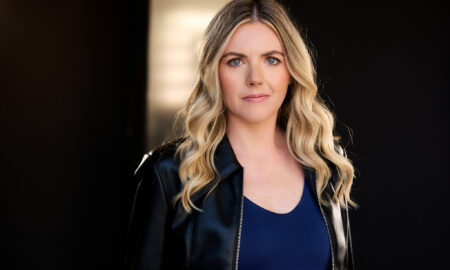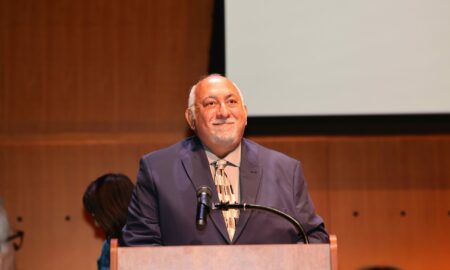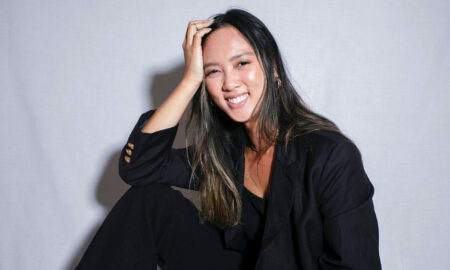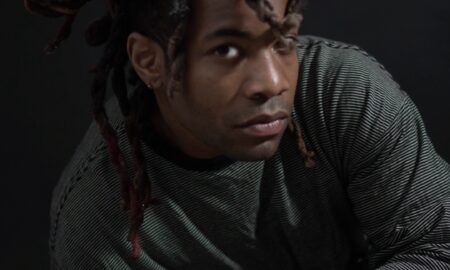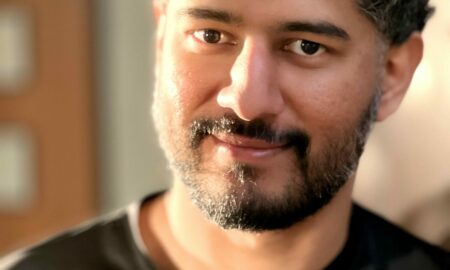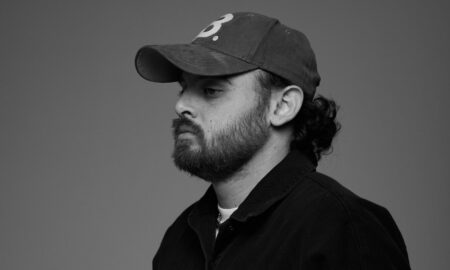

Today we’d like to introduce you to Nicholas Lam.
Nicholas, let’s start with your story. We’d love to hear how you got started and how the journey has been so far.
I didn’t start off with a camcorder in-hand, with parents in the industry, getting a polaroid camera for my birthday or anything like that. It started with Disney’s “The Lion King.”
To rewind a sec — as a kid, I wanted to be a children’s author and illustrator, because I would read all the books by Roald Dahl (and illustrated by Quentin Blake). But once I saw The Lion King, it all changed for me. The tale of disgrace and redemption, familial expectations vs forging your own path, the relatability of Simba’s plight, all struck a chord with me. From that movie onwards, my goals of storytelling shifted mediums, from the page to the screen.
As I progressed through high school, taking every video class I could, I realized that directing live action was where my heart was at. Thanks to two extremely supportive teachers, I was encouraged to apply to film schools coast-to-coast, from USC to NYU (ended up a Trojan). Admitting nerd-level 1000x here, my admission essay was about how Cloud Strife (the main character from video game Final Fantasy VII) was the perfect protagonist due to his insecurity, his never being the popular kid, and how he ultimately rises to challenge insurmountable odds despite all this.
In time, I came to recognize what attracted me to characters like Simba, Cloud Strife or any of Roald Dahl’s protagonists, was the idea of an everyday hero. That when an ordinary, unremarkable person’s mettle is tested, they can rise to become something truly extraordinary.
Has it been a smooth road?
As I’m pretty sure any director (or artist, for that matter) at any stage will tell you, it has been anything but a smooth road. In my own experience, the biggest challenges were always the gatekeepers — the figurative barriers you need to overcome to reach the next level.
It seemed that everything was a catch-22. To get a big job, you need representation. But to be represented, you (usually) need a portfolio of sizable stuff. To sign to a production company, you need to have directed major label music videos or commercials for global companies. But to have directed that sort of work — or to even get the opportunity to pitch — you generally need to already be signed somewhere. So where does one even begin?
Obviously, there are exceptions, and with the democratization of video thanks to DSLR’s, laptop editing and YouTube/Vimeo, it’s still possible to be plucked out of obscurity. The digital revolution is sort of a double-edged sword in this way: on one hand, it enables raw talent to be discovered with the previously towering barrier-of-entry all but removed; yet on the other hand, it makes it harder for your work to permeate the fuzz.
For me, it was through the nurturing of friendships and the generous time and advice of mentors that helped opened the initial doors for me. A bit of ancient Chinese wisdom for all: be cool to everybody. Not just because you never know what will become of it, but also because you’ll be a better human being precisely for it.
Tell our readers more, for example, what you’re most proud of as a company and what sets you apart from others.
As a freelance director, my “business” is my voice, or my point-of-view. It’s something that I keep trying to whittle and hone, yet likewise something that continually evolves as I age and move through life. There inherently exists an art vs commerce conundrum when it comes to creating subjective, emotional work — something I’ve been discussing in much depth with cinematographer friends of mine lately. As an artist, you want to pull and stretch your creative muscles in all sorts of directions. But as a business or “brand,” prospective clients find it easier when they can more readily identify your style as, for example, moody, or high key, or comedic, or abstract. So, do you become the jack of all trades? Or do you become the ace in one or two things?
I haven’t really figured that out yet. If left to my own devices, my work tends to skew narrative with a darker, introspective and moodier slant, in large part shaped by my own unconventional life experience. But at the same time, I do love me a bit of pop.
At the end of the day, as long as I feel that what I’m trying to convey remains authentic to the soul of the work, and to my own inner voice — to create conscientious, thought-provoking stories with impact, heart and pathos — then I know I’m on the right path.
Let’s touch on your thoughts about our city – what do you like the most and least?
LA is a big, blue, liberal bubble. Which I’m thankful for. But beyond that, it’s a melting pot of culture, thought and identity. Whatever it is you are looking for, if you can’t find it in LA, either you’re not looking in the right place, or it doesn’t exist. Because of that, it’s impossible not to get inspired in this town.
Other notable mentions: the food scene, car culture, beach/desert/snow 2-hours in any direction.
What do I like least? That’s easy. The traffic.
Contact Info:
- Website: www.nicholaslam.com
- Instagram: @nicholaslam__
- Facebook: www.facebook.com/nicholas.lam888
- Twitter: @nicholaslam__







Image Credit:
Jonathan Weiner, Serge Angeloni
Getting in touch: VoyageLA is built on recommendations from the community; it’s how we uncover hidden gems, so if you know someone who deserves recognition please let us know here.












